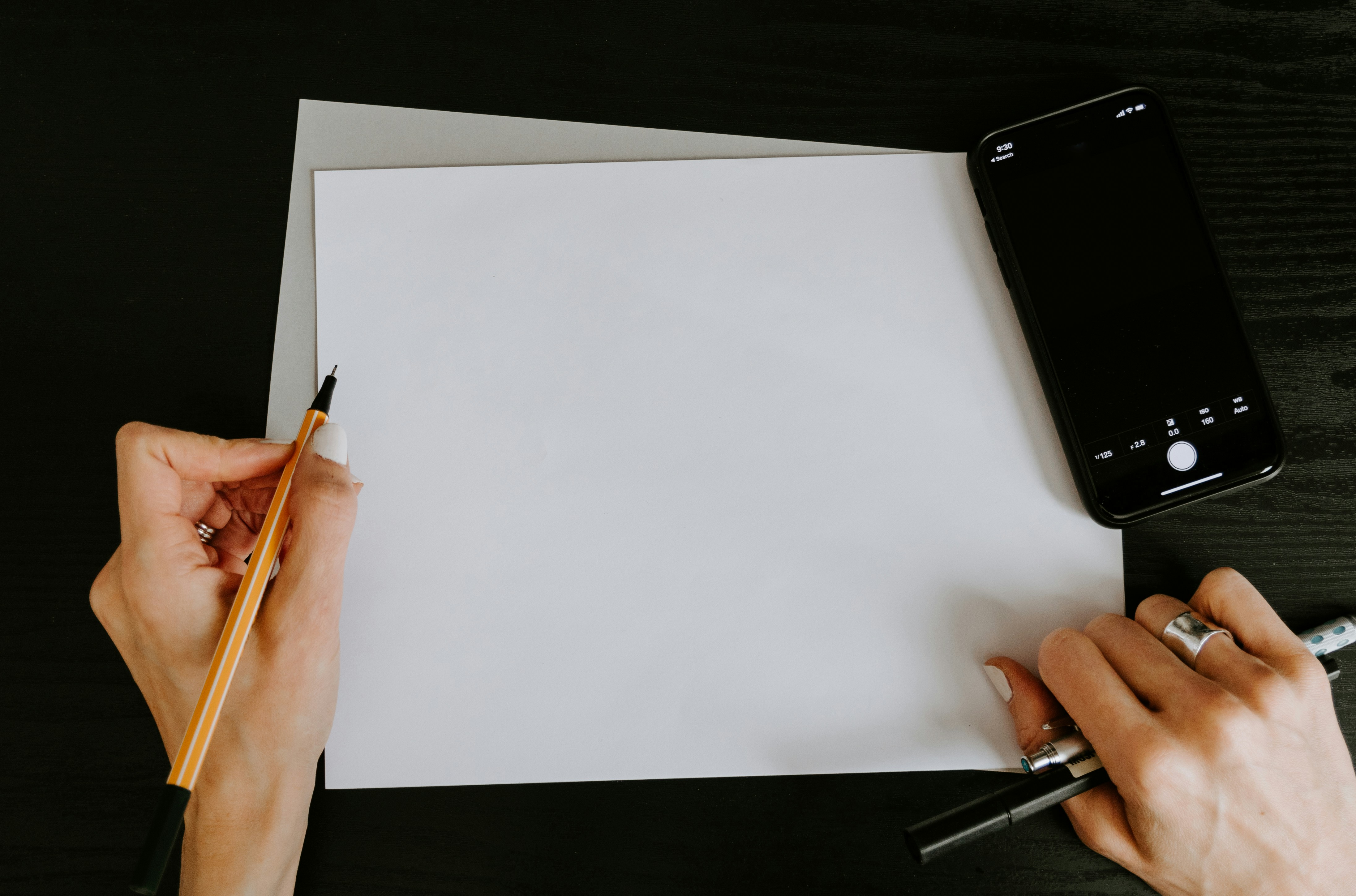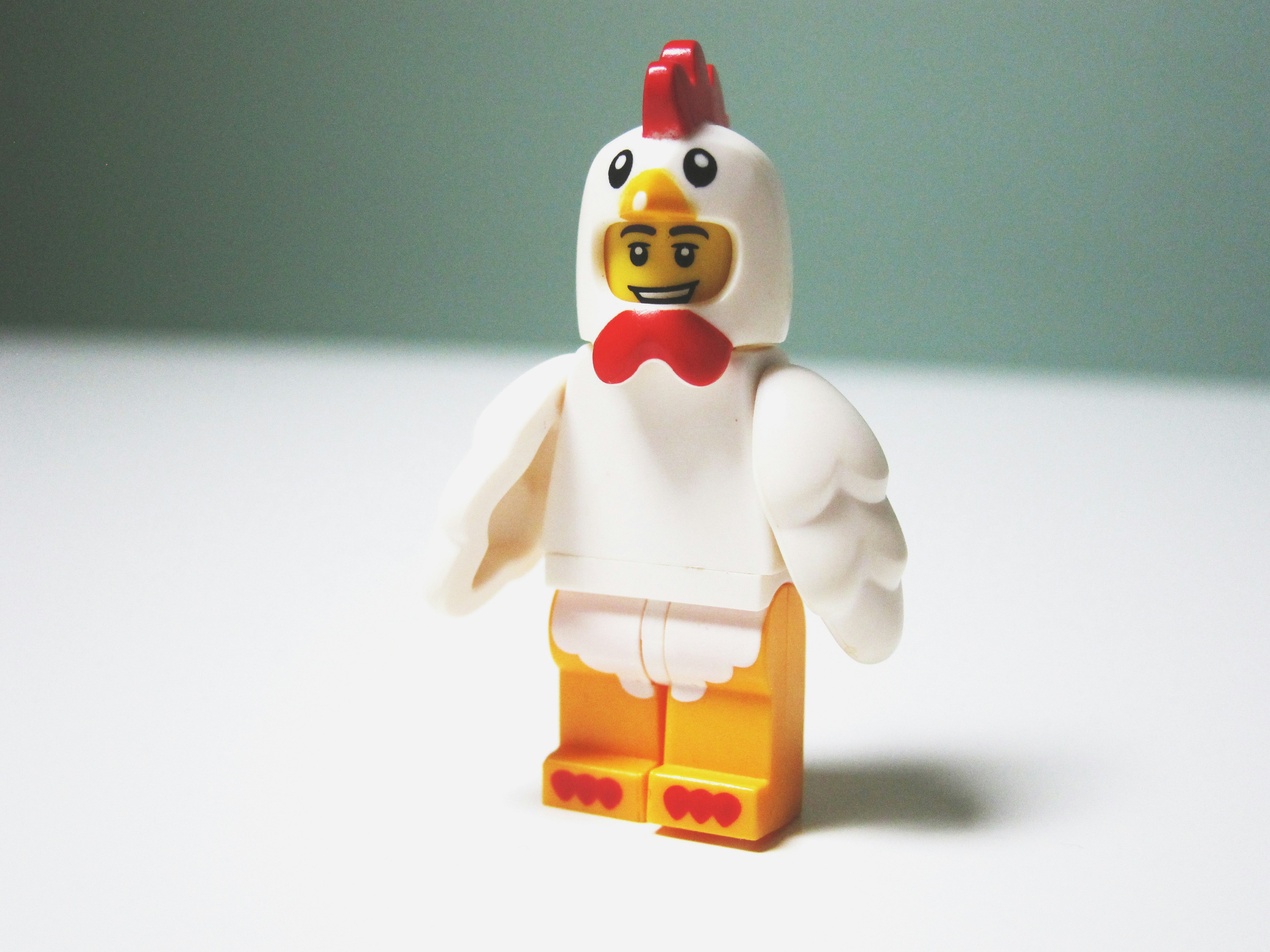The Emotional Resonance of Origami: Folding Our Way to Better Mental Health
Published on October 31, 2024
The Emotional Resonance of Origami: Folding Our Way to Better Mental Health

In today's fast-paced digital world, it's easy to forget the simple joys of creating something with our own hands. Enter origami, the ancient Japanese art of paper folding. This centuries-old practice is experiencing a modern renaissance, not just as a creative hobby, but as a powerful tool for mental health and emotional well-being.
The Meditative Nature of Folding
At its core, origami is a form of mindfulness practice. The repetitive, precise movements required to create intricate shapes demand our full attention, gently pulling us away from the swirling thoughts and anxieties of daily life. As we focus on each fold, our breathing naturally slows, and our mind enters a state of calm concentration.
Building Patience and Perseverance
Origami teaches us valuable life skills that extend far beyond paper folding. Learning a new model often involves trial and error, teaching us patience and perseverance. The satisfaction of completing a challenging piece builds self-esteem and confidence, reminding us that with practice and determination, we can overcome obstacles.
A Tangible Metaphor for Change
There's something profoundly symbolic about transforming a flat sheet of paper into a three-dimensional object. It serves as a powerful metaphor for personal growth and transformation. Just as we can reshape a piece of paper, we too have the power to reshape our thoughts, emotions, and lives.
Connecting Generations Through Folding
Origami can be a wonderful way to bridge generational gaps. It's an activity that grandparents, parents, and children can enjoy together, creating a shared experience and fostering communication. Teaching and learning origami models can create moments of bonding and mutual respect between family members of all ages.
The Science Behind the Folds
Research has begun to back up what origami enthusiasts have long known intuitively. A study published in the journal "Arts & Health" found that origami practice can reduce anxiety and improve mood. Another study in the "Journal of Neuropsychiatry" suggested that origami might be beneficial for patients with neurological conditions, improving cognitive function and fine motor skills.
Getting Started with Origami
The beauty of origami is its accessibility. All you need to begin is a sheet of paper and your hands. There are countless tutorials available online for all skill levels, from simple butterflies to complex dragons. Start with basic models and gradually work your way up to more challenging pieces.
Consider setting aside a dedicated "origami time" each day or week. This could be a personal practice or a family activity. As you fold, pay attention to the sensations in your hands, the sound of the paper, and the gradual emergence of the shape. Allow yourself to be fully present in the moment.
Folding Forward
In our increasingly digital world, the tactile, analog nature of origami offers a refreshing counterbalance. It's a practice that encourages mindfulness, builds resilience, and fosters connections across generations. Whether you're looking to reduce stress, improve focus, or simply find a new creative outlet, origami might just be the unexpected tool you need to fold your way to better mental health.
So why not give it a try? Pick up a sheet of paper, find a simple tutorial, and start folding. You might be surprised at the emotional resonance you find in those crisp, clean folds.
If you're interested in exploring more ways to enhance your mental well-being and family relationships, check out Thinker, an AI-powered tool designed to improve communication and provide support for mental health. It's a perfect complement to mindfulness practices like origami, helping you navigate the complexities of modern relationships with grace and understanding.


